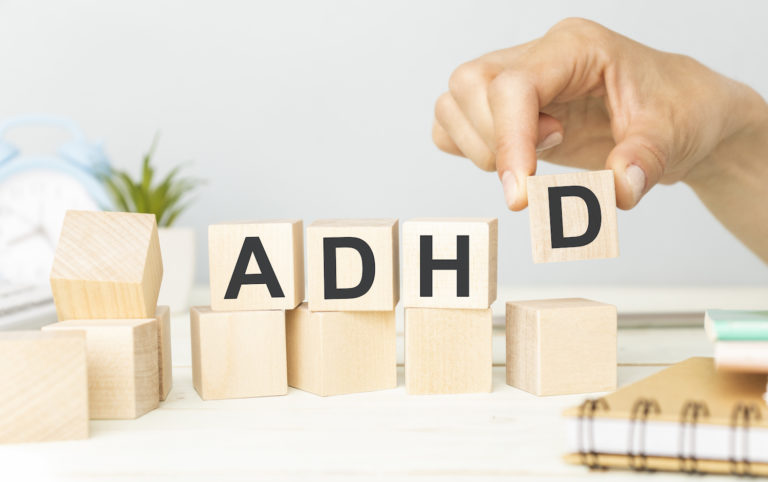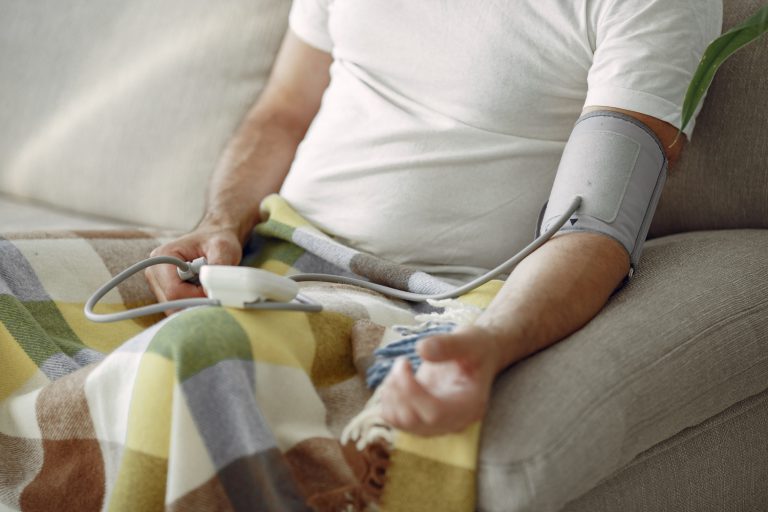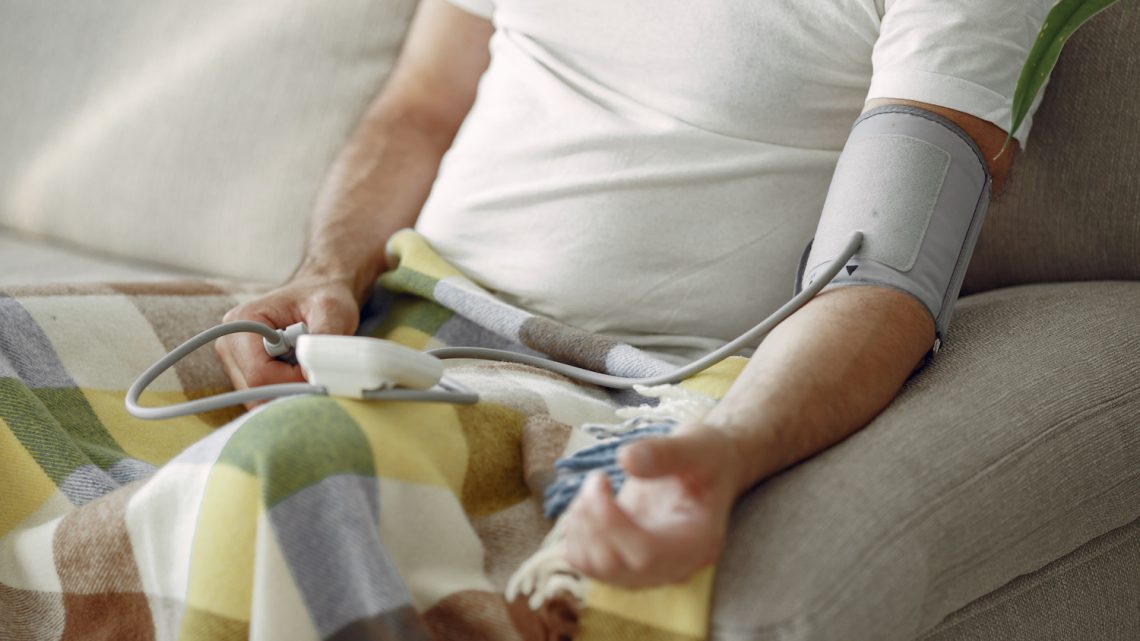Updated on 15. November 2021 from Carolin Jäger
Reading time: approx. 4 minutes
If you feel listless and tired, have a great need for sleep and a depressed mood, this is often a sign of low blood pressure. High blood pressure, on the other hand, does not have to show any clearly perceptible effects or pain. You may even feel particularly fit. Nevertheless, high blood pressure (hypertension) is much more dangerous than low blood pressure (hypotension)1. In the long run it damages the blood vessels, the heart and other organs such as the kidneys, the brain and the eyes and can cause premature death.
Constant high blood pressure2 increases the risk of a stroke, heart attack or thrombosis due to the constant strain on the vessels. Arteriosclerosis, heart fibrillation and coronary heart disease are also possible consequences. In addition, high blood pressure can possibly lead to eye damage or dementia.
Conventional medicine treats the problem with various agents, but these can have side effects3. In addition to a drop in blood pressure, allergies, dizziness and nausea, irritable cough and other symptoms may occur. Increased blood potassium levels are possible with ACE inhibitors. Calcium antagonists may slow the heartbeat or increase circulatory problems. Constriction of the bronchial tubes or an influence on the sugar metabolism may also be undesirable side effects of taking the drug.
Moreover, not everyone experiences the desired effect of the drug. For some people, it is not sufficient or even fails completely. Natural medicine can have a supporting or preventive effect here4. With suitable natural healing methods, high blood pressure can be treated well in many cases. To increase vital energy and strengthen health, breathing exercises from ÁYIO-Q Pnoē therapy can contribute to revitalisation.
Detect high blood pressure early
As there are often no complaints for years, many people are not aware that their organism is not in balance. But how do you know if your blood pressure is too high? If blood pressure levels are not measured regularly, high blood pressure can go undetected for years. Symptoms are often non-specific and not serious enough to prompt an immediate visit to the doctor.
Especially in stressful and turbulent times, many people hardly worry about their health as long as there are no acute problems. However, as people get older, the risk of high blood pressure leading to serious consequences increases sharply. Therefore, complaints such as dizziness, headaches, palpitations and sleep disturbances should not be taken lightly. Those who suffer from ringing in the ears and tinnitus or nosebleeds should also have their blood pressure measured.
Regular blood pressure measurement is recommended, because long-term elevated blood pressure can cause serious health problems5. A normal blood pressure is 120 to 80 mm Hg. A significantly elevated blood pressure is present from 140 to 90 mm Hg. The pressure of the blood on the vessel walls in the arteries is higher than normal in this case. Not only about one third of adults suffer from high blood pressure nowadays, even children are affected, as studies show6.
Causes of hypertension
There are a number of risk factors for high blood pressure such as being overweight, obesity, lack of exercise, smoking, excessive alcohol consumption or a nutrition very high in salt. Hyperthyroidism or kidney disease can also raise blood pressure. In most patients, however, conventional medicine cannot find an exact cause. The so-called “essential hypertension” is based on hereditary factors or can be attributed to life circumstances. Too much stress, prolonged conflicts or worries are possible triggers.
However, you should definitely do something about high blood pressure, as it can have dire consequences if left untreated. Strain on vessels and organs can also cause circulatory problems that have multiple unpleasant consequences7. The blood flow in the limbs is particularly often affected, which means that initially there are often no symptoms. Anyone with such peripheral arterial disease (PAVD)8 will eventually be at risk of a blocked artery. This can cause serious problems as a thrombosis.
This circulatory disorder usually results from arteriosclerosis caused by years of high blood pressure. The narrowed and calcified arteries allow the blood to flow more and more poorly, until at some point a blood clot forms that completely blocks the vessel. In principle, a circulatory disorder can occur in all regions of the body, although the legs and pelvis are most frequently affected. But blood circulation can also be disturbed in the hands, fingers and arms, in the intestines or other organs.
Particularly dangerous is the obstruction of blood flow in the brain and coronary arteries. This also reduces the oxygen supply to the tissue, and parts of organs or vessels can die. This is also how, for example, a life-threatening heart attack occurs. Circulatory disorders rarely arise acutely, but usually develop over a long period of time so that they become chronic. A vessel then narrows more and more until it is blocked.
Within a short period of time, severe symptoms appear, depending on the location of the disorder. Pain, pallor, paralysis and numbness are clear signs. In these cases, the emergency doctor should be called immediately. In order to prevent it from coming to that, one can increase the life energy and stimulate the body’s own defences with natural healing methods. The body’s ability to contribute to the healing and restoration of health can be increased in an effective way.
Learn more about the practice of the ÁYIO-Q health teachings here.
Sources:
[1] Was ist Bluthochdruck, at https://www.herzstiftung.de, Access date 10.05.2021
[2] Bluthochdruck, at https://www.netdoktor.de, Access date 10.05.2021
[3] Nebenwirkungen von Medikamenten gegen Bluthochdruck, at https://www.gesundheit.de, Access date 10.05.2021
[4] Bluthochdruck-Hypertonie, at https://www.naturheilmagazin.de, Access date 10.05.2021
[5] Bluthochdruck-Auswirkungen, at https://www.naturheilmagazin.de, ZAccess date 10.05.2021
[6] High blood pressure in children, the underestimated danger, Access date 10.05.2021
[7] Durchblutungsstörungen, https://www.sogz.de, Access date 10.05.2021
[8] PAVK, auf https://www.onmeda.de, Access date 10.05.2021















